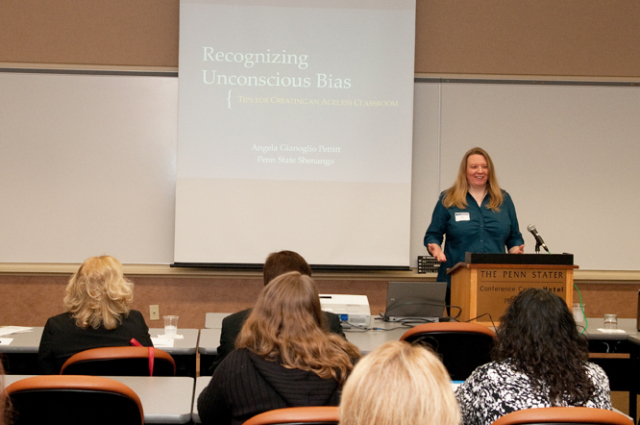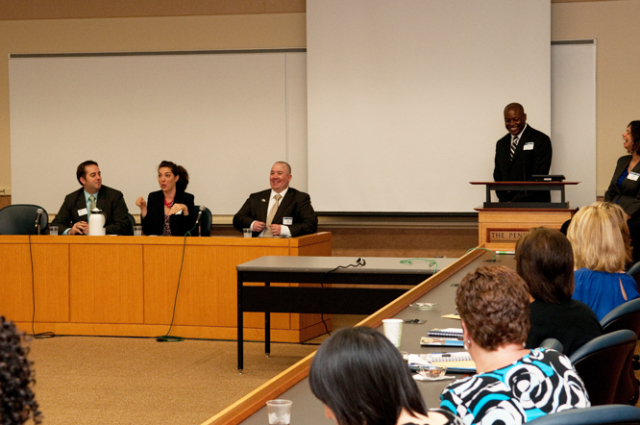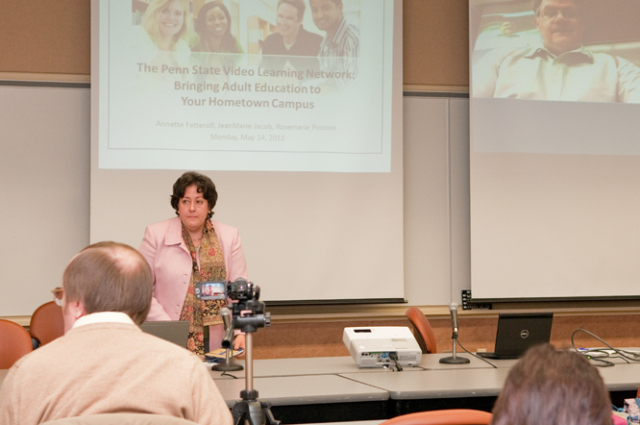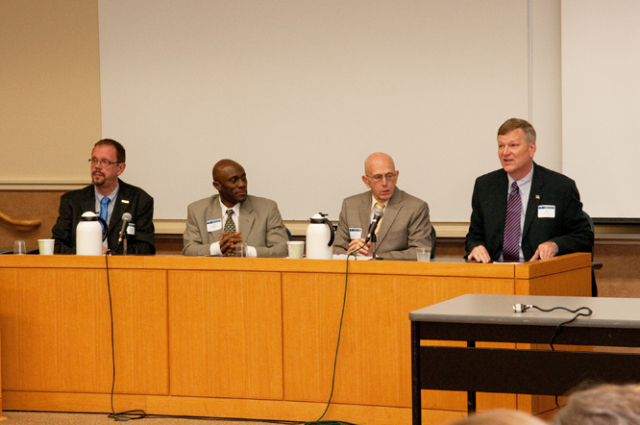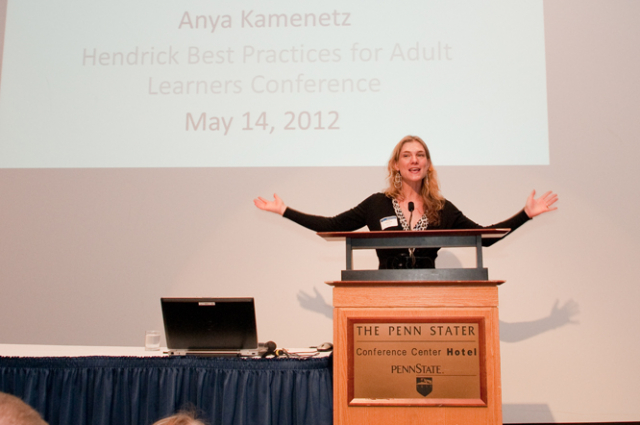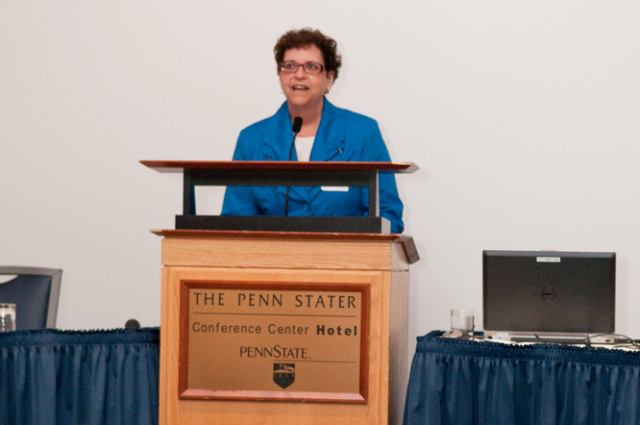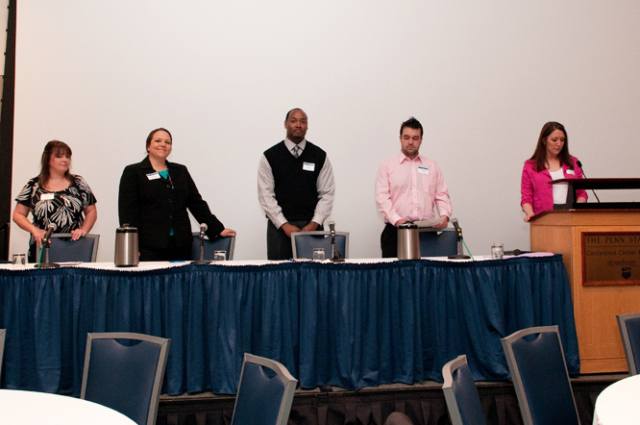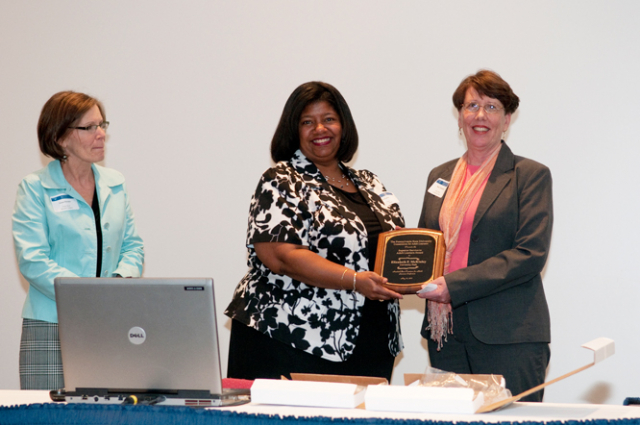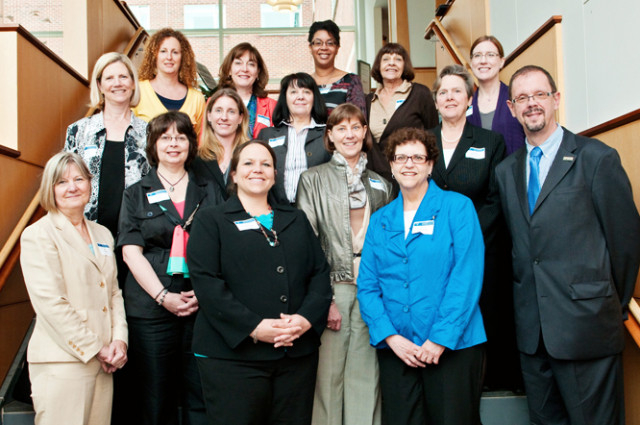2012 Conference
Keynote Speaker

Anya Kamenetz
Educational Gamechanger and Senior Writer for Fast Company Magazine
“Anya Kamenetz offers a though tful and much-needed call to rethink higher education in a world of spiraling tuition costs, a 50 percent college drop-out rate, and a growing understanding that the one-size-fits-all college model is broken.” — Daniel H. Pink, author of Drive and A Whole New Mind.
Anya Kamenetz is bringing an entirely unexpected perspective on the future of knowledge, talent, and innovation. An educational futurist and the rare speaker on issues facing the Millennials, who actually belongs to this generation, she delivers audiences core insights into change, technology, and talent.
Nominated for a Pulitzer Prize by the Village Voice, her feature series later became a highly regarded book entitled Generation Debt: The New Economics of Being Young. Written when she was just 24, Generation Debt (Riverhead Books, 2006), drew national attention and passionate online debate with its argument that young people are facing unique and unprecedented economic challenges.
Her latest book, DIY U: Edupunks, Edupreneurs, and the Coming Transformation of Higher Education, (Chelsea Green, 2010) tells the story of how technology is disrupting one of the most tradition-bound industries in the country — no industry is safe. It’s an important book about talent, human capital, and how our institutions must evolve to meet the challenges of the next century. The Edupunk’s Guide to a DIY Credential, which is funded by the Gates Foundation, is available for free download now.
She is a sought-after media expert regularly appearing on major news networks including CBS, ABC, CNN, MSNBC, FOX News, CNBC, and NPR. Currently, she covers the future of business, including sustainability and social entrepreneurship, as a senior writer for Fast Company magazine, and is a nationally syndicated columnist for Tribune Media .
Kamenetz’s energetic, informative and down-to-earth presentations draw on her own experience and years of research. She has insight into a range of generation-specific issues most relevant to people in their 20s and 30s: technology and social networking; flex time and work-life balance; finding career passion through engagement in the new green economy and social entrepreneurship; the rising cost of higher education and health care; and money management.
2012 Presentations
- Providing Alternative Internship and New Career Experiences for Nontraditional Students: Solving the Problem of Earning Internship Credits and Hours while Maintaining Current Employment
- Recognizing Unconscious Bias: Tips for Creating an Ageless Classroom
- Preparing for Online Teaching Success to Serve the Adult Learner
- Building Relationships with Adults in the Community
- PLA and Penn State – What’s In It for Us?
- Campus Collaboration Leads to the Development of a Joint Office for Adult Student and Veteran Services at Penn State DuBois
- Financial Aid and Adult Learners: Navigating the Waters of Academic Success and Financial Aid Eligibility 2011 Incentive Grant Initiatives
- The Penn State Video Learning Network: Bringing Adult Education to Your Hometown Campus
- Using Video to Establish a Connection with Adult Distance Learners
- Transitions: College and Career Prep — A University and Community Partnership
- Developing a Unit-Level Assessment Process to Guide New Program Development

